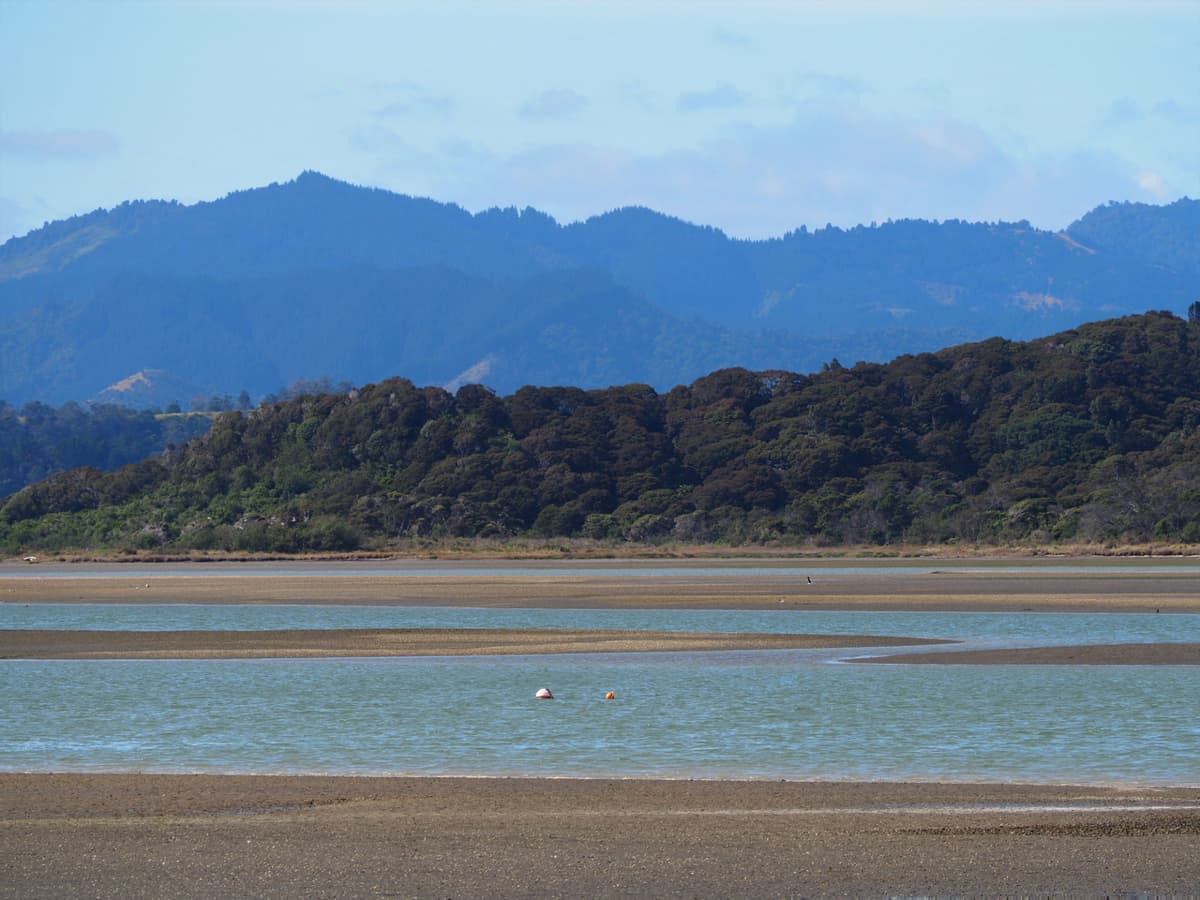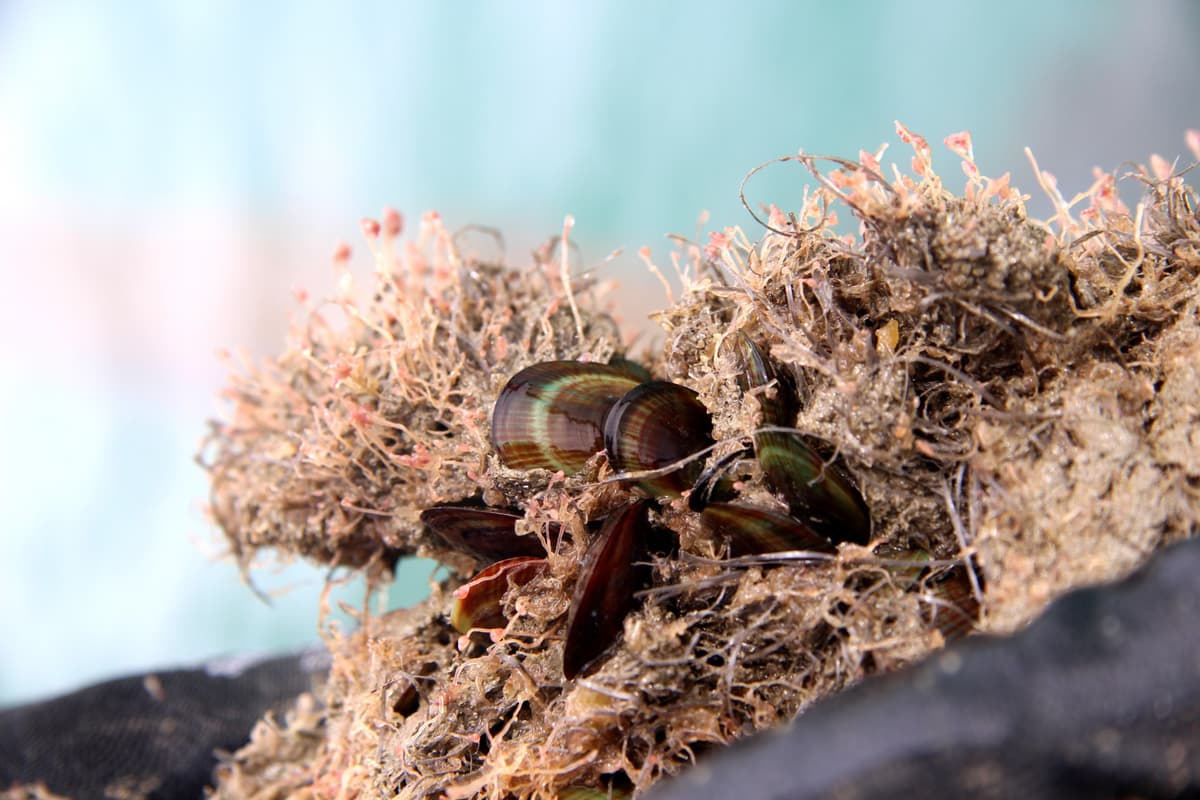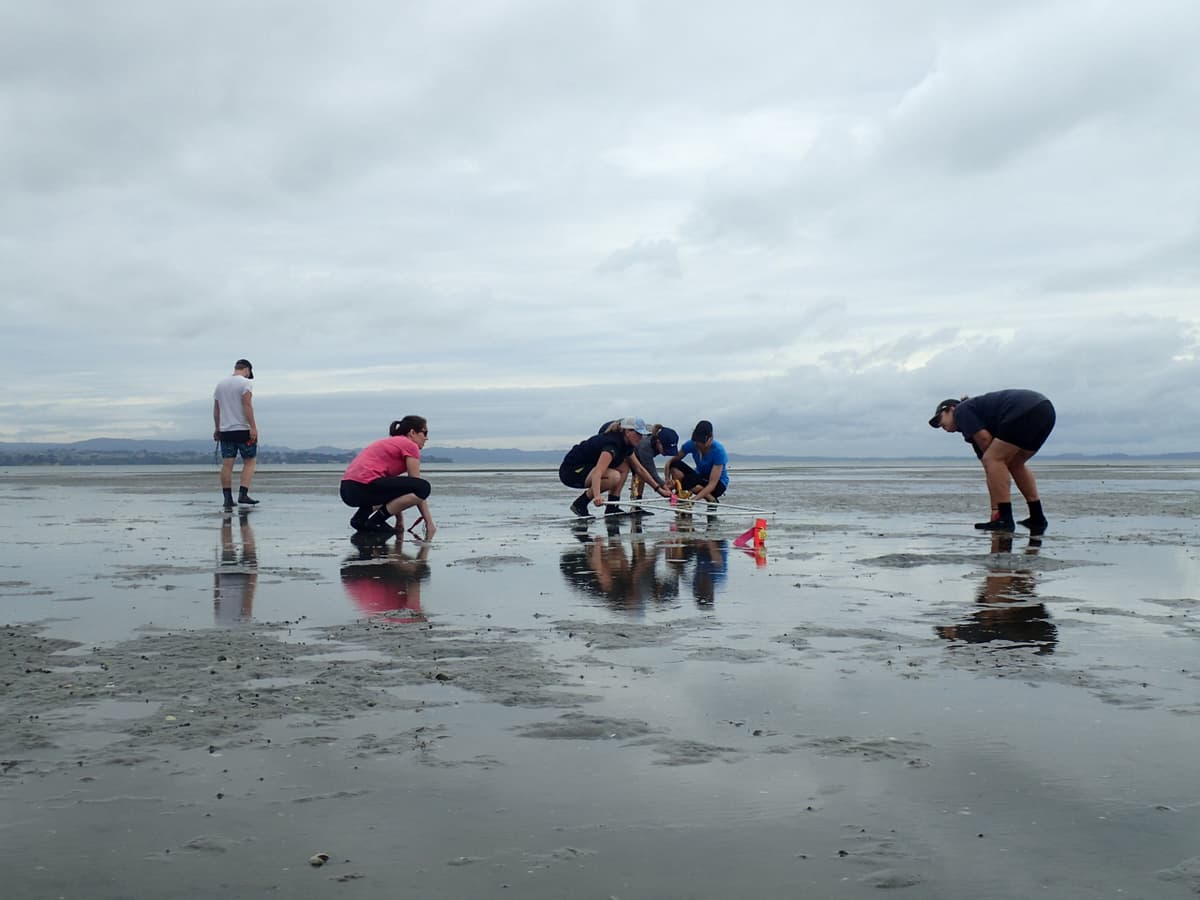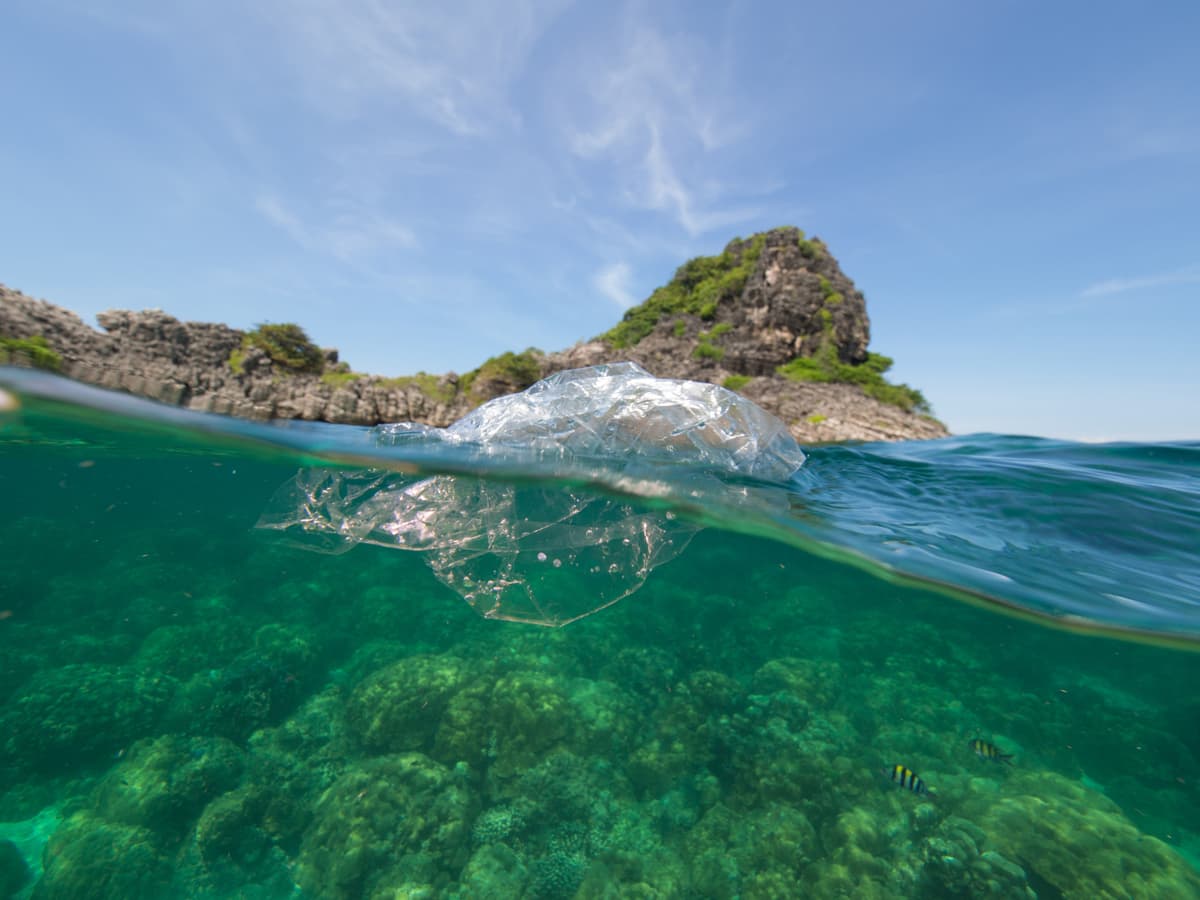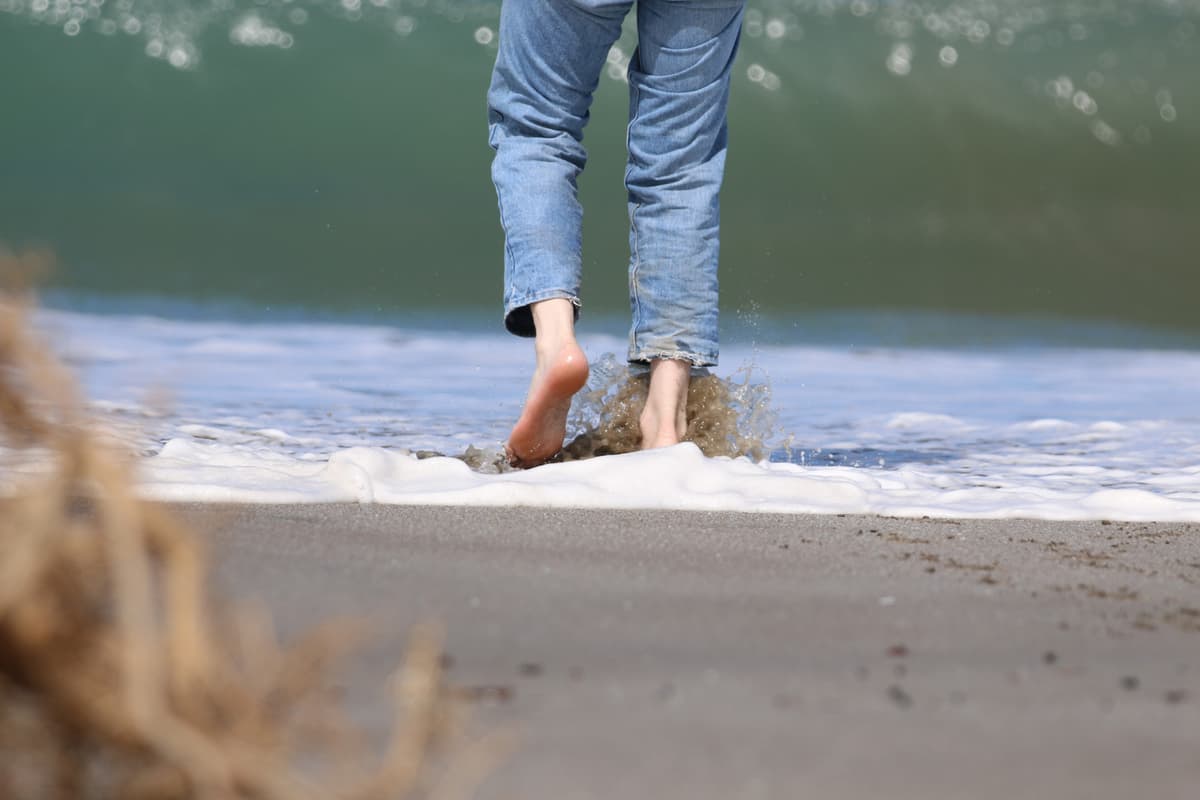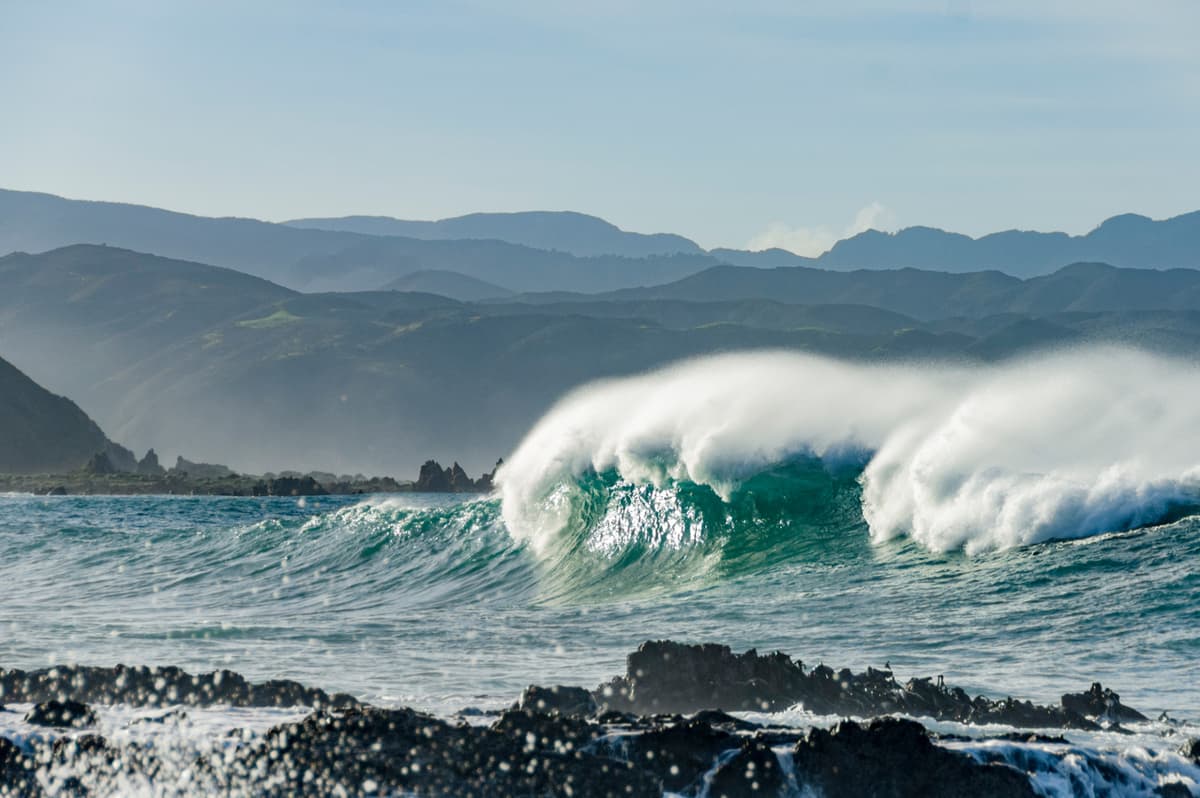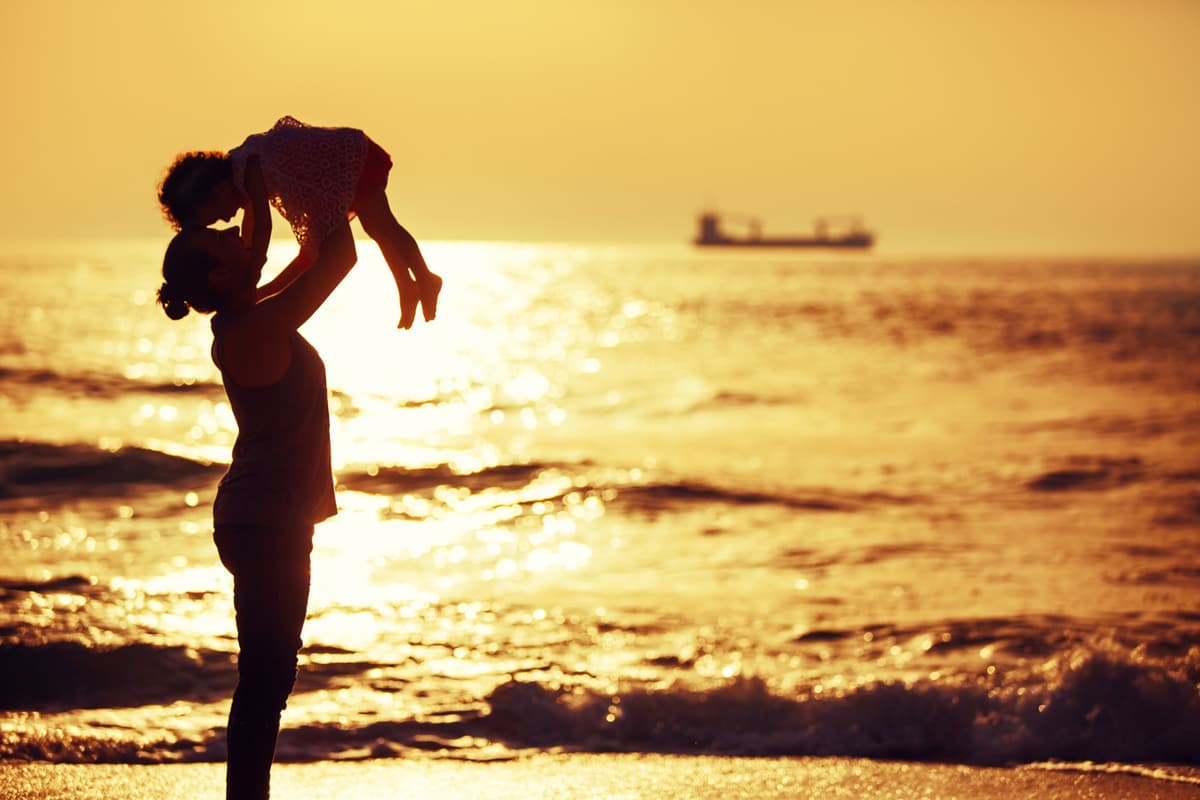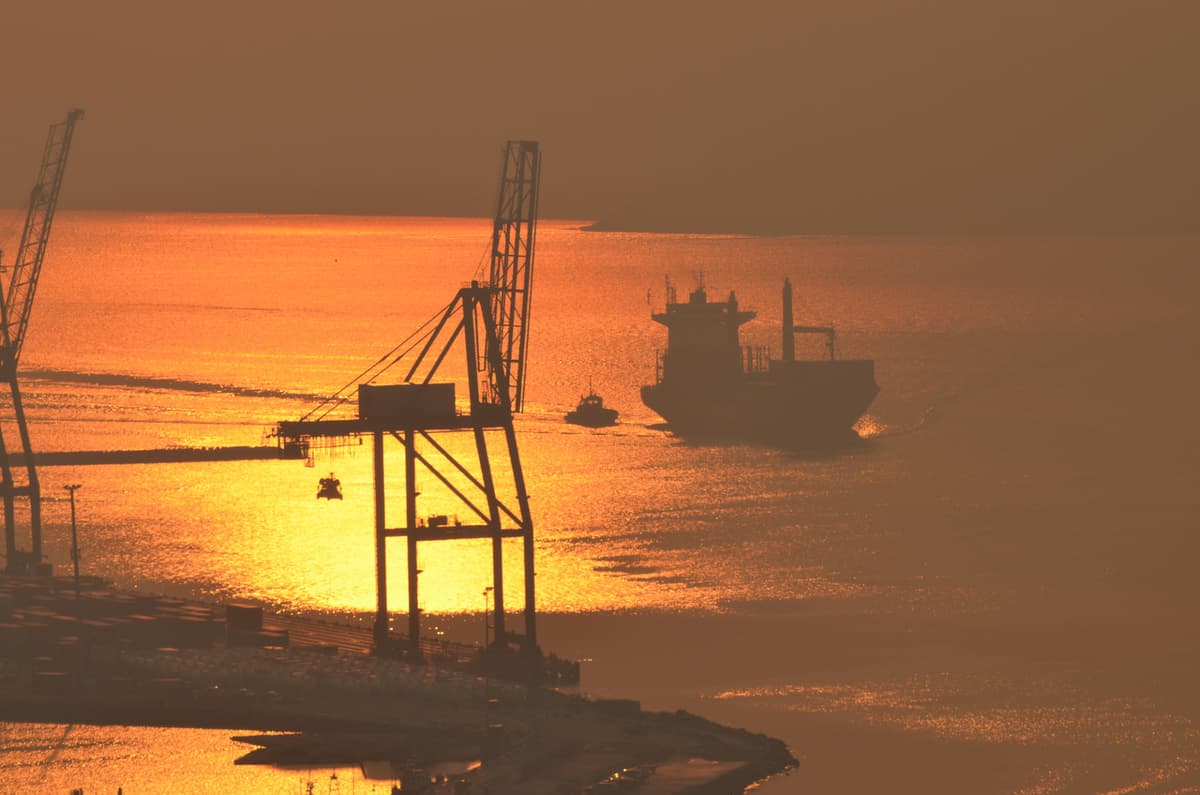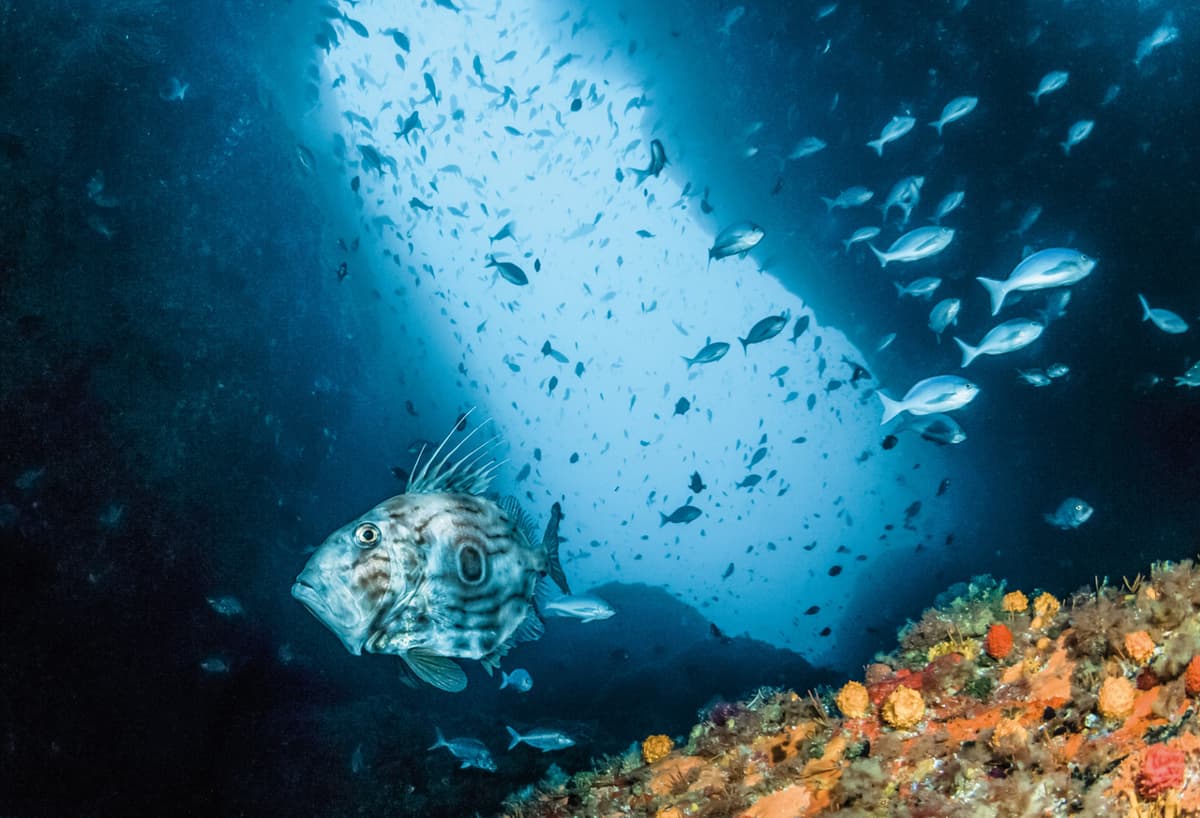Cetacean conservation planning: dealing with uncertainty and data deficienciesGraphicSummary
Fabrice Stephenson presented this poster at the 5th World Conference on Marine Biodiversity, Auckland, 13-16 December 2020
ViewCetacean conservation planning: dealing with uncertainty & data gaps Presentation
Webinar recording of Fabrice Stephenson, 27 April 2021 (36 mins + Q&A)
ViewCetacean conservation planning in a global diversity hotspot: dealing with uncertainty and data deficienciesAcademic publication
Stephenson F, Hewitt JE, Torres LG, Mouton TL, Brough T, Goetz KT, Lundquist CJ, MacDiarmid AB, Ellis J, & Constantine R. (2021) Ecosphere 12( 7):e03633.
View A review of risk assessment frameworks for use in marine ecosystem-based management (EBM) in Aotearoa New ZealandReport
Clark DE, Gladstone-Gallagher R, Stephenson F & Ellis J (May 2021)
ViewDeep seabed mining and communities: A transdisciplinary approach to ecological risk assessment in the South Pacific Academic publication
Reichelt-Brushett A, Hewitt J, Kaiser S, Kim RE, Wood R (2021). Integrated Environmental Assessment and Management, 00:1-10
View Risk assessment for marine ecosystem-based management (EBM)Academic publication
Clark DE, Gladstone-Gallagher RV, Hewitt JE, Stephenson F, Ellis JI (2022). Conservation Science and Practice, 12636.
View Ecosystem-based management in Aotearoa New Zealand (UN Ocean Decade Laboratory)Presentation
This webinar presentation and discussion was led by early-career researchers working with Sustainable Seas. March 2022 (1hr45m + 15m Q&A)
ViewTe Au o Te Moana | Special Webinar Series: Healthy Seas Presentation
This webinar was presented by Conrad Pilditch, Megan Ranapia, Rebecca Gladstone-Gallagher, Simon Thrush, Joanne Ellis, and Tom Brough. March 2022 (1hr, 30mins Q&A)
ViewSeafood: Tools, resources and researchSummary
This is a research round-up of our tools, resources and research that support an ecosystem-based management (EBM) approach to the seafood industry (July 2022)
ViewThe impact of cumulative stressor effects on uncertainty and ecological risk Academic publication
Rullens V, Stephenson F, Hewitt J, Clark D, Pilditch C, Thrush S, Ellis J
(October 2022)
ViewEcosystem service mapping in marine environments: a case studyGuidance
This guidance explains what ecosystem service mapping is, and why it is useful for marine managers, planners, and other decision-makers. It provides a case study to demonstrate ecosystem service mapping in Tauranga Harbour. Rullens V (October 2022)
ViewWaitī Waitā conference presentationsPresentation
The combined meeting of the New Zealand Marine and Freshwater Science Societies was held in November 2022, and research from several of our projects was presented.
ViewEvidence of rebound effect in New Zealand MPAs: Unintended consequences of spatial management measuresAcademic publication
Lohrer T, Hewitt J, Lohrer A, Parsons D, Ellis J & Stephenson F (May 2023)
ViewNew Zealands media and the crisis in the ocean: News norms and scientific urgencyAcademic publication
Armoudian M, Stevens G, Stephenson F & Ellis J (May 2023)
ViewImplications for the conservation of deep-water corals in the face of multiple stressors: a case study from the New Zealand regionAcademic publication
Stephenson F, Rowden A, Anderson O, Ellis J, Geange S, Brough T, Behrens E, Hewitt J, Clark M, Tracey D, Goode S, Petersen G & Lundquist C (May 2023)
ViewQuick guides: Navigating risk and uncertainty in marine managementGuidance
A series of five quick guides on navigating risk and uncertainty in marine management (November 2023)
ViewUnderstanding and communicating risk and uncertainty | te tūraru me te haurokuroku in marine managementGuidance
Blackett P, Awatere S, Le Heron E, Le Heron R, Logie J, Hyslop J, Ellis J, Stephenson F, Hewitt J, Ziedins I, Armoudian M, Bulmer R, Clark D, Gladstone-Gallagher R, Kainamu A & Rullens V (November 2023)
ViewNavigating choppy waters - understanding perceptions of risk and uncertainty in marine managementPresentation
Webinar presentation by Paula Blackett (NIWA), Shaun Awatere (Manaaki Whenua), and Joanne Ellis (University of Waikato), November 2023
ViewCoupling marine ecosystem state with environmental management and conservation: A risk-based approachAcademic publication
Gladstone-Gallagher R, Hewitt J, Low J, Pilditch C, Stephenson F, Thrush S & Ellis J (February 2024)
ViewAccounting for uncertainty in marine ecosystem service predictions for spatial prioritisationAcademic publication
Rullens V, Stephenson F, Townsend M, Lohrer A, Hewitt J, Pilditch C & Ellis J
(March 2024)
ViewAn ecological principles-based approach to guide coastal environmental managementSummary
This summary highlights the findings of three academic publications from the Challenge (April 2024)
View